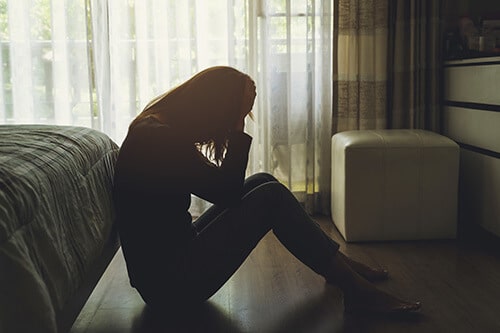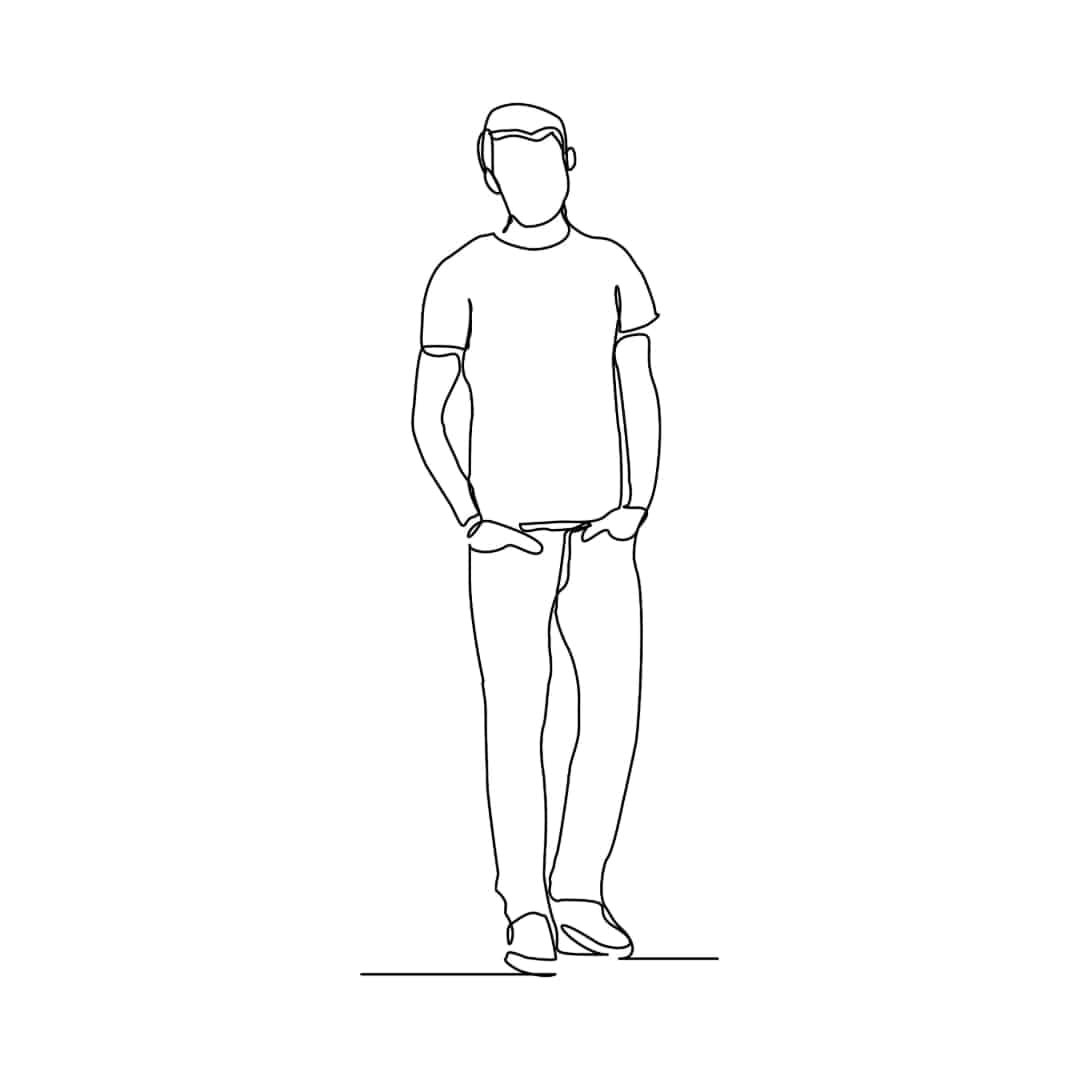Depression Treatment

Depression Has Various Traits
There are various types of depression, so doctors use specifiers to separate them. Specifiers are the symptoms that people experience with depression.
People who worry about the loss of control or possible events typically have anxious distress. Those with atypical depression have temporary happiness, are sensitive to rejection, and eat more. Moreover, they also feel as if their legs or arms are heavy and have the need to sleep too much.
Catatonia depression involves aimless or uncontrolled movements. People who wake early or are in a worse mood and have major appetite changes could have melancholic traits. They also don’t tend to respond to things or activities that usually make them happy. Melancholic depression can also make them feel agitated, guilty, or sluggish.
Peripartum onset is depression during pregnancy or over the weeks to months after delivery. Those with psychotic traits tend to have delusions about personal shortcomings or other negative features. Some people have seasonal depression that changes with sunlight exposure.
Depression Treatment and Prevention
Even severe cases of depression are treatable. Like any other illness, depression treatment is most effective when it begins early. It also has a higher chance of preventing depression from recurring.
Treating depression starts with a doctor conducting a full physical exam. The purpose is to rule out other medical issues or medicines that can cause the same symptoms. The exam also helps the doctor determine the type of depression.
With this information, the physician can develop a treatment plan that focuses on the cause and symptoms. Most of the time, depression treatment uses a combination of therapy, medicine, and lifestyle changes.
Therapy
Talk therapy is as it sounds. It involves talking about problems and feelings. However, therapists can use a mix of therapy types. Cognitive behavioral therapy and interpersonal therapy are two examples commonly in place for depression.
The purpose of therapy is to help people adjust to tough situations or crises to avoid depression. You may achieve that by replacing negative beliefs and thoughts with positive ones. Therapy also helps you develop positive experiences and relationships. During sessions, you can learn to cope and solve issues in healthy ways.
People with depression can also regain control of their lives with satisfaction, which eases their symptoms. Furthermore, therapy teaches them to set realistic goals.
Medicines
As a common part of treatment, medicines treat depression symptoms. In fact, doctors and therapists can prescribe them for short- or long-term use. They consider numerous factors to determine the medicine type and usage for each person. Some examples of drug types include Zoloft, Pristiq, and Tofranil.
Sometimes doctors prescribe anxiety meds or mood stabilizers alongside depression meds. Again, these depend on each person’s condition and symptoms.
Lifestyle Changes
Get Help for Depression at Silver Pines Treatment Center
Substance use and depression can be a deadly combination. If you struggle with co-occurring disorders, Silver Pines Treatment Center can provide dual diagnosis treatment in a home-like environment. Our custom addiction treatment programs include a range of addiction therapy, such as:
The nutrition therapy at Silver Pines Treatment Center focuses on the importance of eating whole foods. Moreover, our work therapy teaches you life skills through helping in the kitchen, serving meals, and cleaning. The structure that we provide minimizes your symptoms and helps you focus on recovery.
Don’t let depression or substance use keep you from living a fulfilling life. Get help now at Silver Pines Treatment Center. Reach out to us at 267.209.7313 to learn more.





